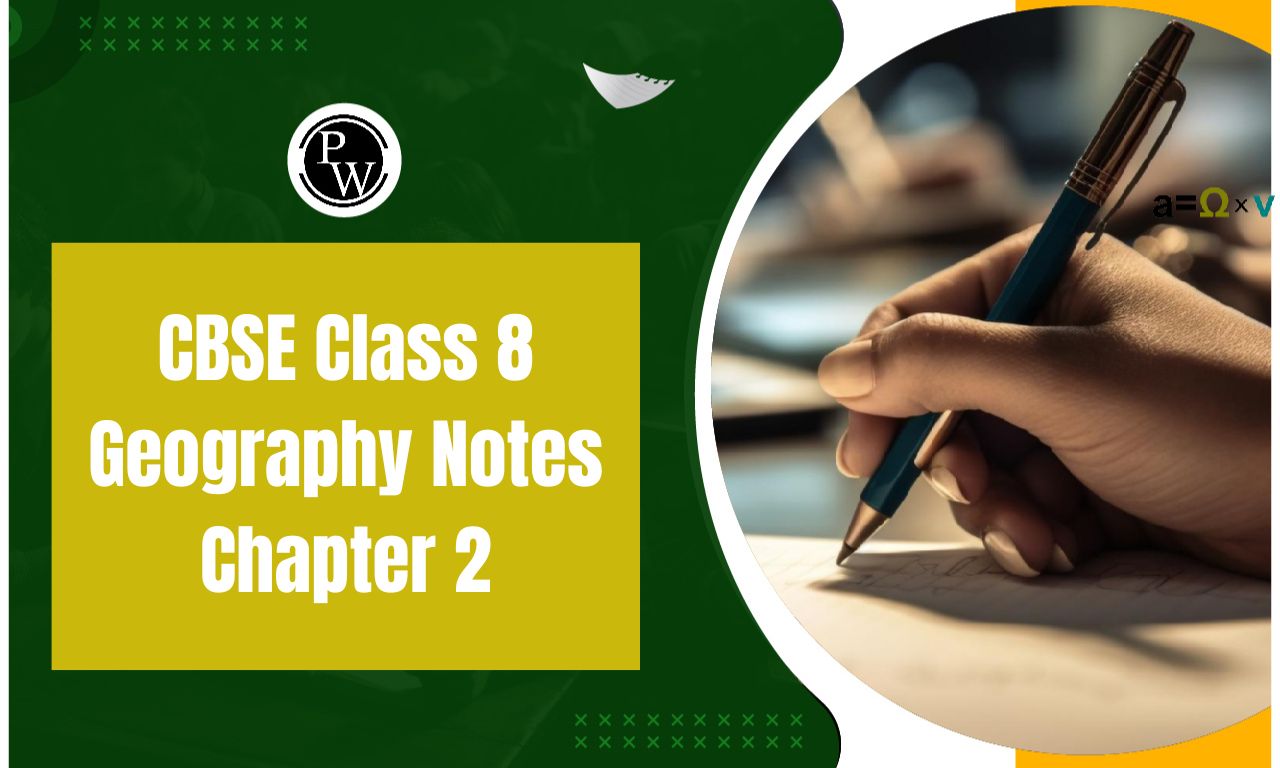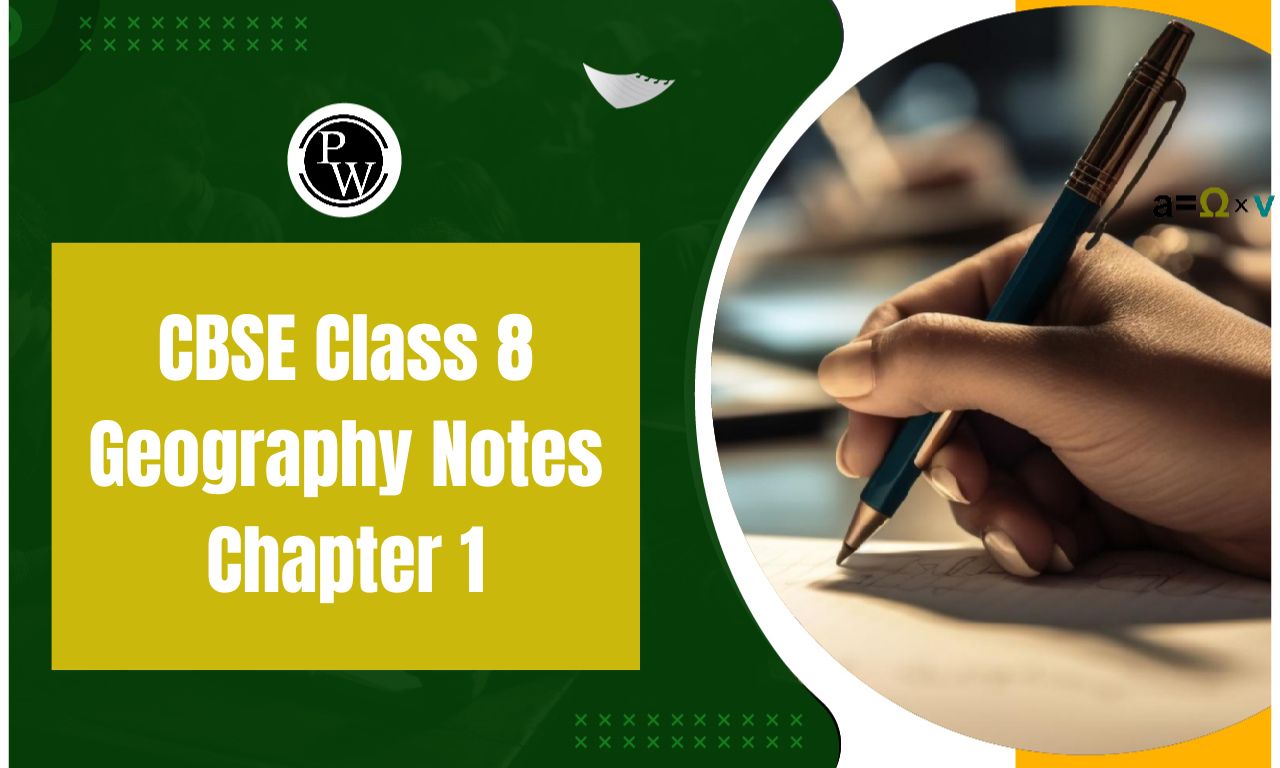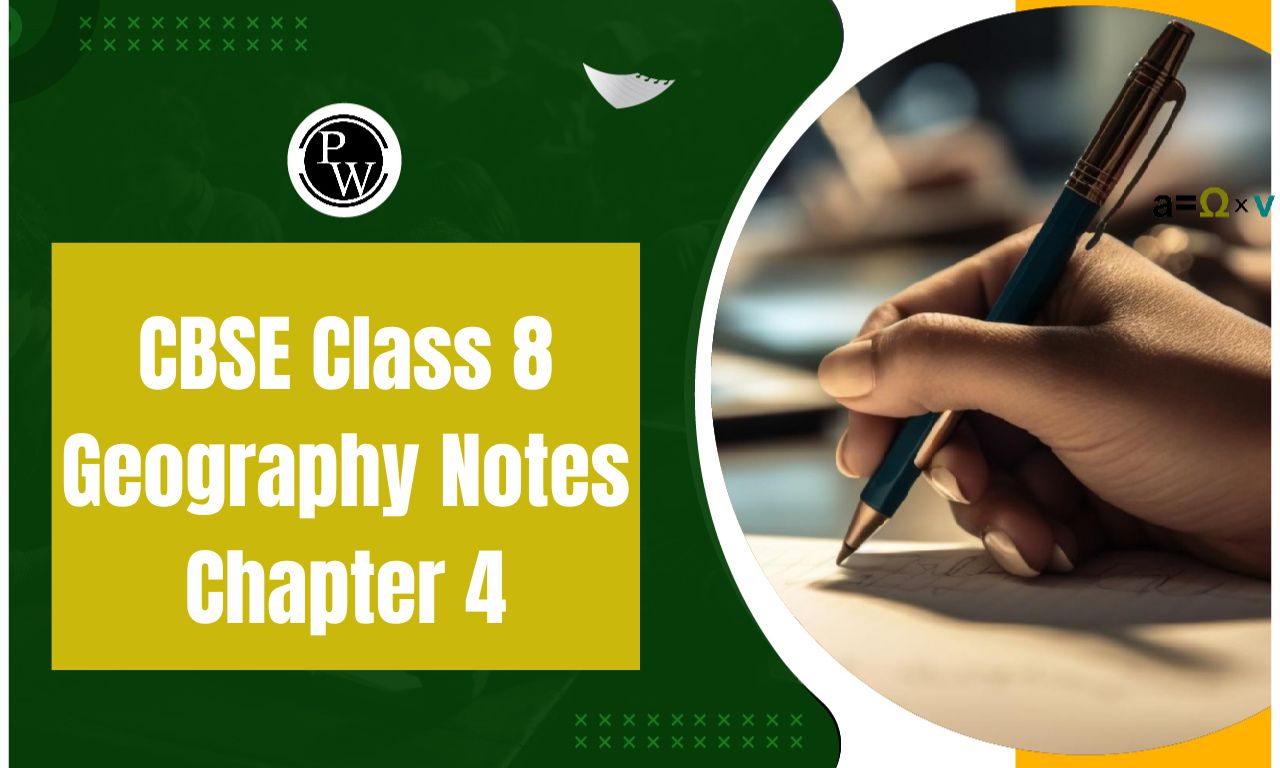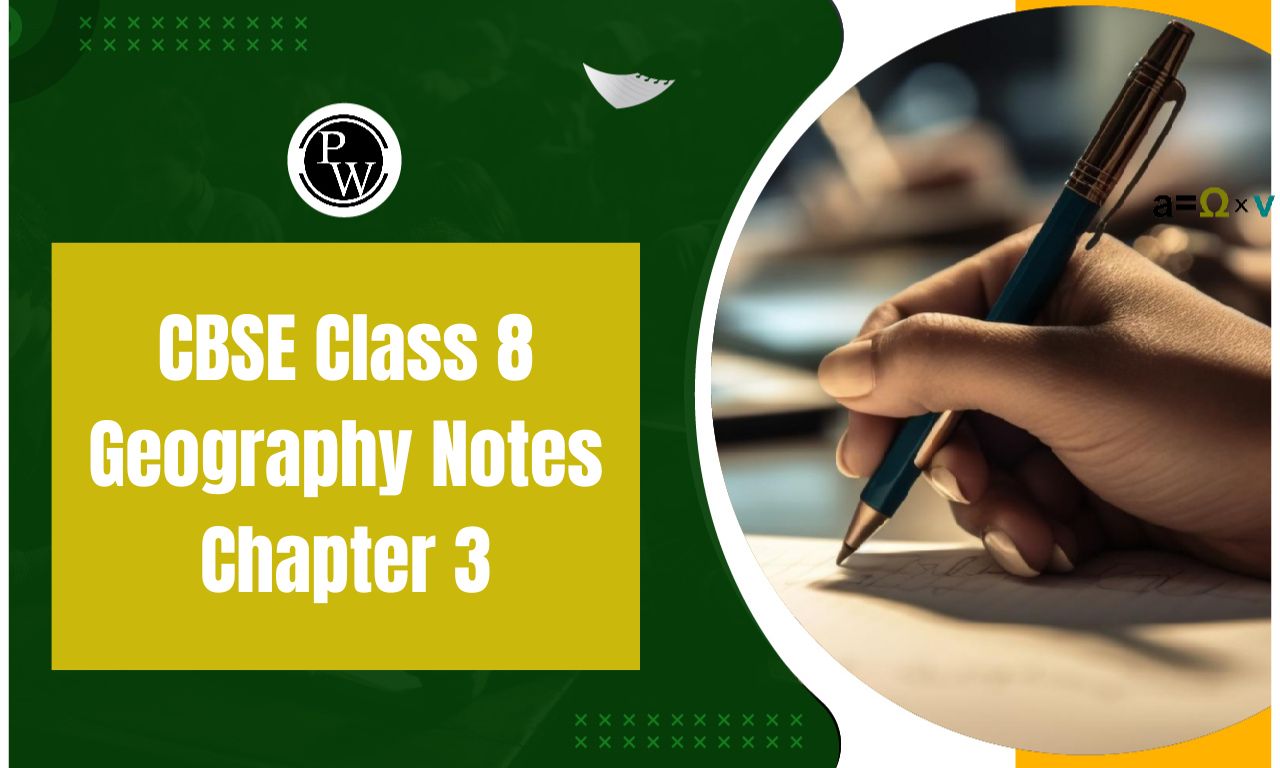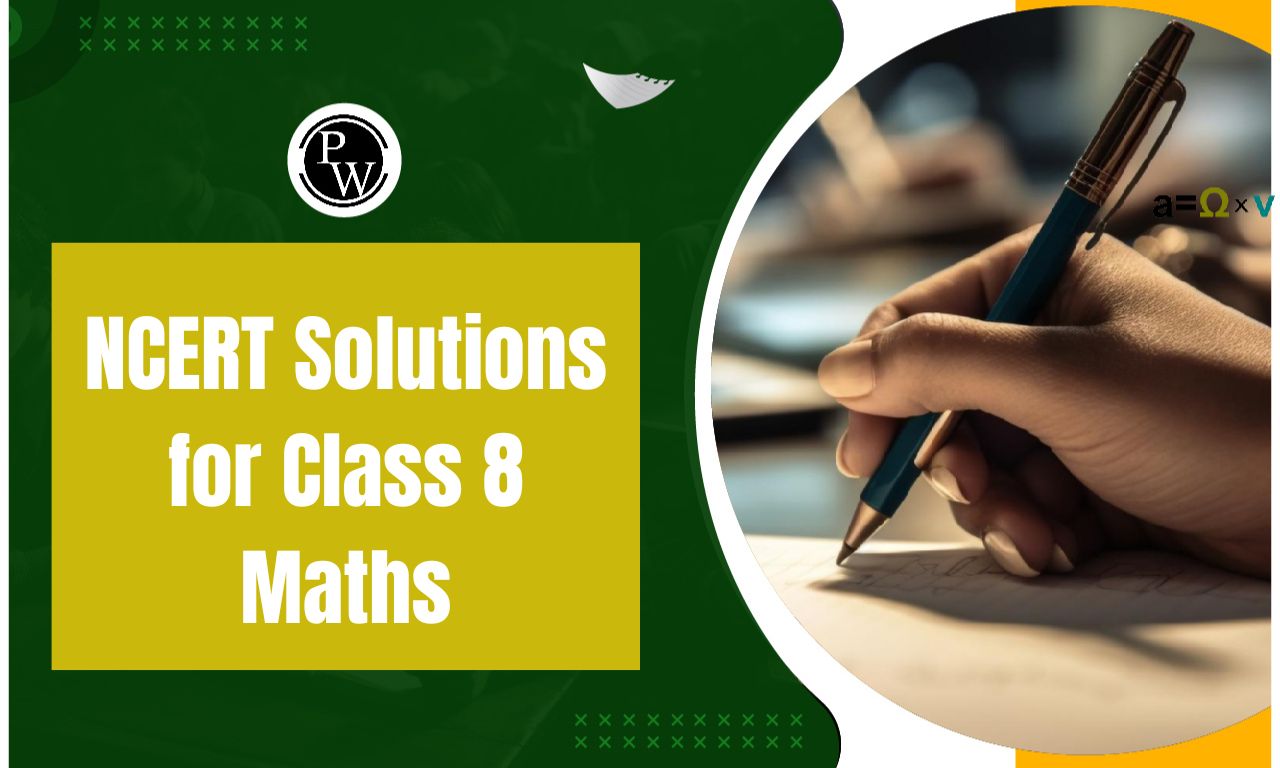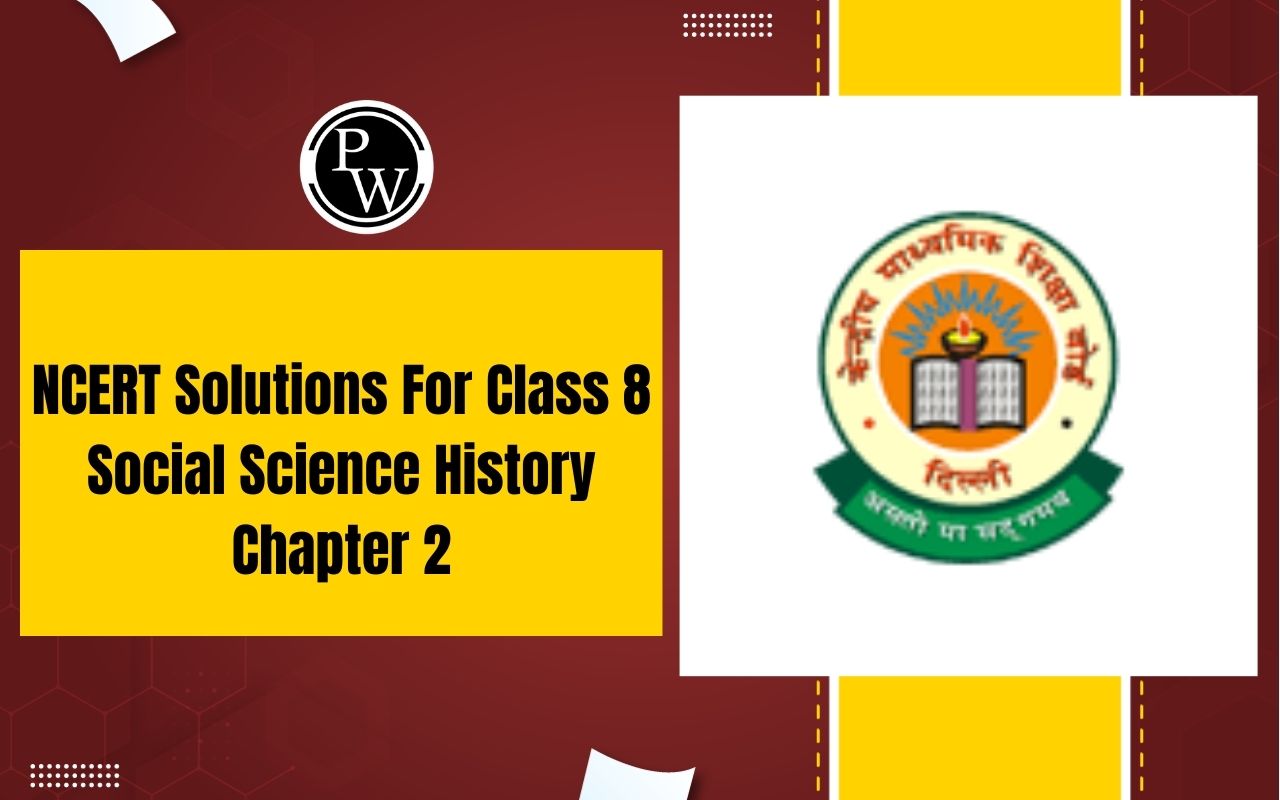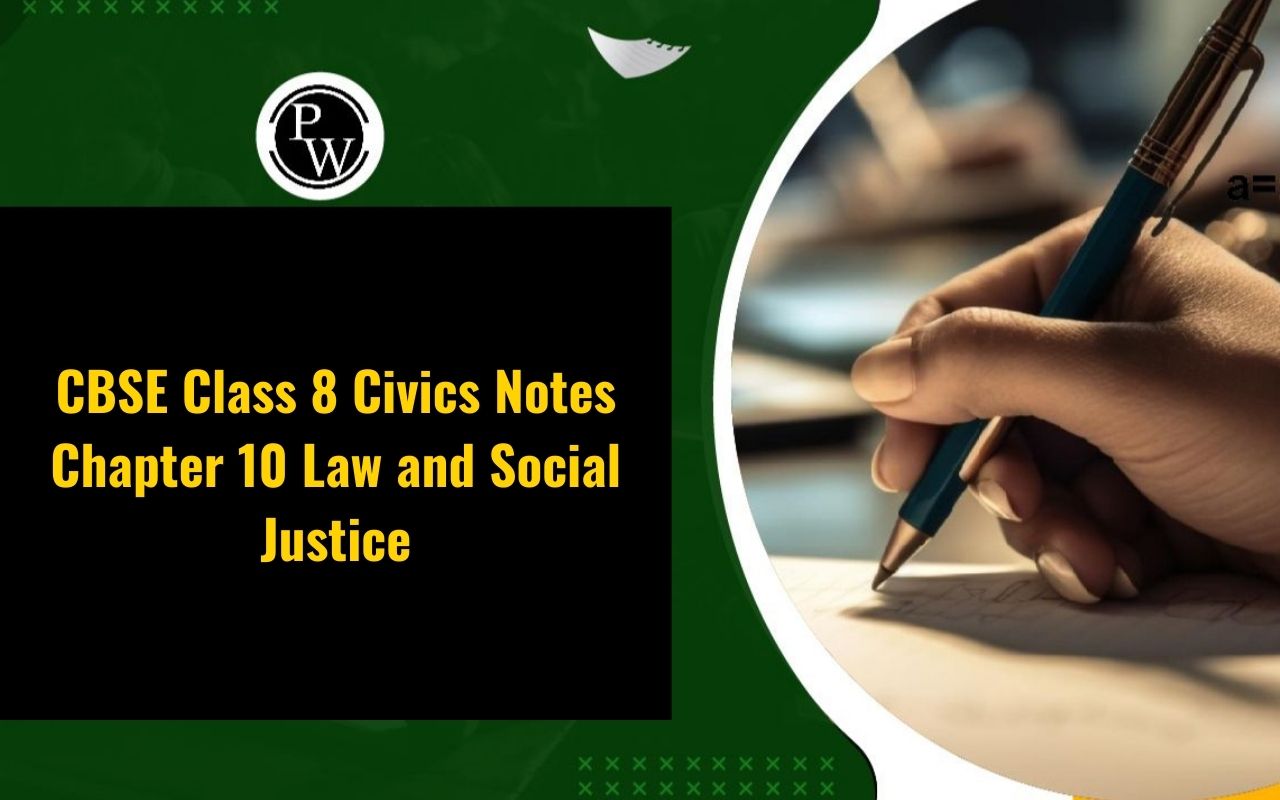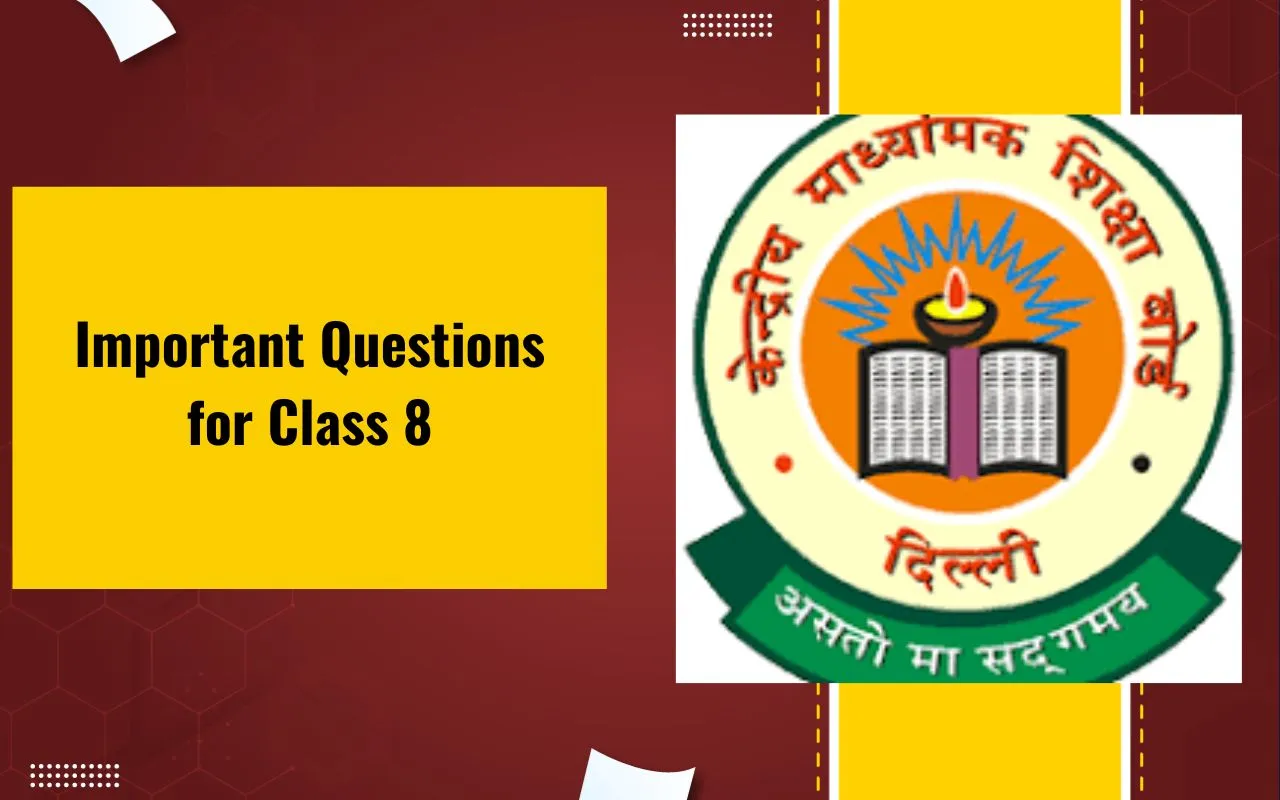
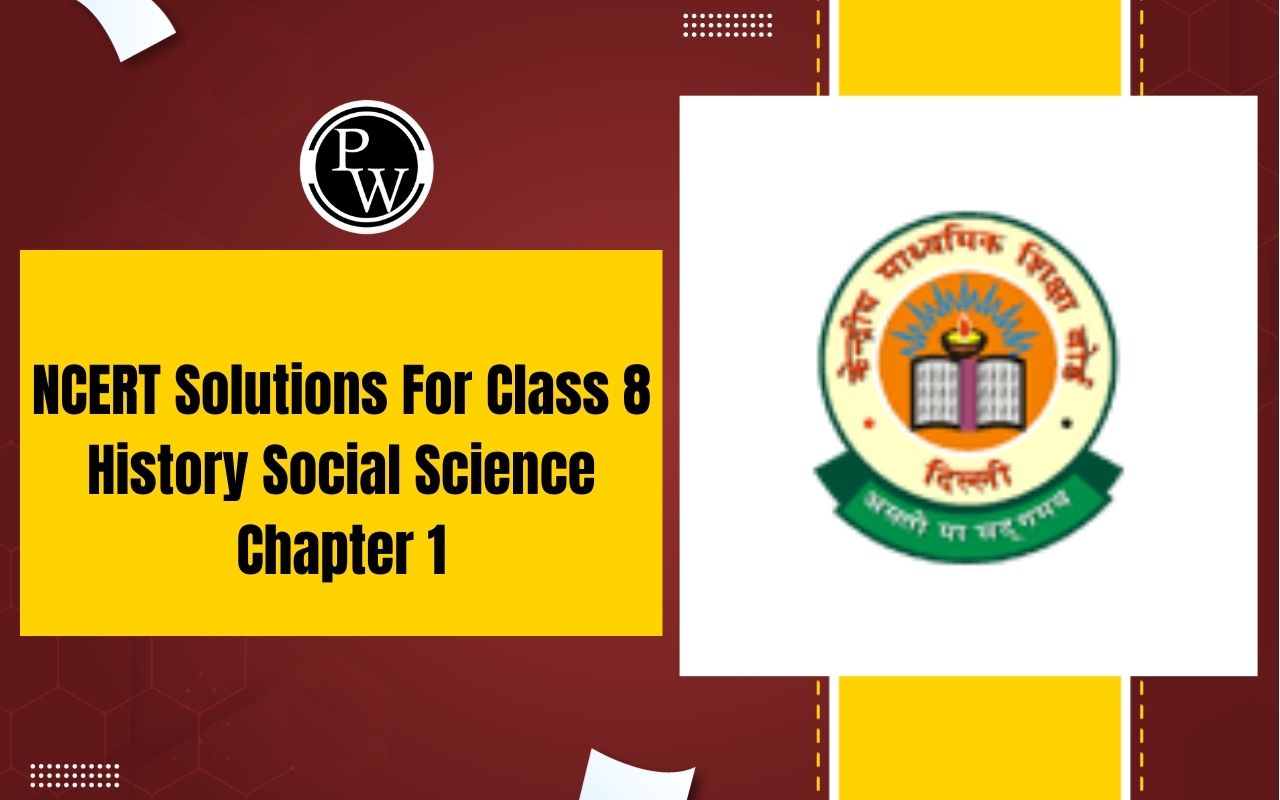
NCERT Solutions For Class 8 History Social Science Chapter 1: NCERT Solutions for Class 8 History Social Science Chapter 1 "How, When and Where" help students understand history better. This chapter talks about how historians study the past and find out about events.
It explains the importance of time and place in history. By using these solutions, students can learn how to read historical sources like books, monuments, and stories from the past. These solutions are helpful for students to learn and prepare for exams. They explain things in an easy way, making it easier for students to understand. Overall, these solutions are great for students to learn history well.NCERT Solutions For Class 8 History Social Science Chapter 1 How, When and Where Overview
The NCERT Solutions for Class 8 History Social Science Chapter 1 "How, When and Where" are created by experts at Physics Wallah. These solutions are designed to help students understand history better. They explain how historians study the past and why time and place are important in history. With these solutions, students can learn historical methods and concepts in an easy way. They provide clear explanations and guidance to help students succeed in their studies. Overall, these solutions are a helpful resource for students to learn history effectively.NCERT Solutions For Class 8 History Social Science Chapter 1 PDF
You can find the PDF link for NCERT Solutions for Class 8 History Social Science Chapter 1 "How, When and Where" below. This PDF contains detailed solutions to all the questions and exercises in the chapter, making it easier for students to understand and learn. By referring to this PDF, students can enhance their understanding of historical concepts and prepare effectively for exams.NCERT Solutions For Class 8 History Social Science Chapter 1 PDF
NCERT Solutions for Class 8 History Chapter 1 How, When and Where
The solutions for Chapter 1, "How, When and Where," are provided below. Students can refer to these solutions to better understand the concepts discussed in the chapter. It is recommended that students also check NCERT Solutions for Class 8 for other subjects to ensure comprehensive preparation for their exams.1. State whether true or false:
(a) James Mill divided Indian history into three periods – Hindu, Muslim, Christian.
(b) Official documents help us understand what the people of the country think.
(c) The British thought surveys were important for effective administration.
Answer.
(a) False (b) False (c) True2. What is the problem with the periodisation of Indian history that James Mill offers?
Answer. James Mill's periodisation of Indian history, dividing it into Hindu, Muslim, and British periods, presents certain problematic views, particularly highlighting the superiority of the British over Hindus and Muslims. His approach has several flaws:
a. Mill viewed all Asian societies as inferior to Europe in terms of civilisation, reflecting a Eurocentric bias that undermines the rich cultural and intellectual contributions of Indian civilization. b. He depicted pre-British India as a period dominated by despotic Hindu and Muslim rulers, ignoring the diversity and complexity of governance systems and cultural achievements during those times. c. Mill portrayed pre-colonial Indian society as characterized by religious intolerance, caste-based discrimination, and superstitions. This oversimplified and negative portrayal overlooks the rich tapestry of social, cultural, and religious practices that existed in India before British colonization.3. Why did the British preserve official documents?
Answer. The British preserved official documents as they believed that thorough documentation would facilitate study and debate in the future. This practice served two main purposes:
- Study and Analysis: Preserving official documents enabled the British administrators to study and analyze their decisions and policies over time. By documenting their actions, they could evaluate their effectiveness and make informed decisions for future governance.
- Legal Proof and Accountability: The British considered official records as evidence of their decisions and actions. They believed that maintaining a detailed record would provide legal proof and accountability for their administrative decisions. In case of disputes or challenges, these records could be used to justify their actions and decisions.
4. How will the information historians get from old newspapers be different from that found in police reports?
Answer. The information historians gather from old newspapers and police reports can vary significantly. Historians typically collect data from diverse sources, including both official and unofficial documents. Police reports offer an administrative perspective and often have limited details, focusing primarily on record-keeping rather than storytelling.
While police reports stick to procedural information, journalism and reporting take a different approach, providing richer context and detailed descriptions of events. However, newspapers may overlook or omit information that isn't directly related to law enforcement. Newspapers, as a mass media, offer broader perspectives and elaborate on events. Yet, the accuracy and value of information from any source require thorough research and investigation. Historians aim to create a balanced and comprehensive understanding of historical periods by examining multiple sources, considering biases, and assessing underlying interests.How, When and Where Summary
The summary of NCERT Class 8 Our Pasts-III Chapter 1 "How, When and Where" is as follows:Importance of Dates:
- The chapter discusses the significance of dates in understanding historical events.
- The process of periodisation, or dividing history into periods, and explains the concept of colonialism.
Methods of Historical Inquiry:
- The chapter explores how historians gather information about the past.
- It highlights the role of administrative records and surveys in historical research.
- Emphasis is placed on the limitations of official records and the need to supplement them with other sources of information.
Benefits of NCERT Solutions For Class 8 History Social Science Chapter 1
- Concept Clarity: These solutions provide clear explanations of historical concepts discussed in Chapter 1, ensuring that students understand the content thoroughly.
- Comprehensive Coverage: NCERT Solutions cover all the topics and questions present in Chapter 1, "How, When and Where," helping students prepare for exams comprehensively.
- Practice: By practicing questions and exercises from NCERT Solutions, students can reinforce their learning and improve their problem-solving skills.
- Self-Assessment: Students can use NCERT Solutions to self-assess their knowledge and identify areas where they need further practice or clarification.
- Accessible: NCERT Solutions are readily available online and offline, making them easily accessible to students anytime, anywhere.
NCERT Solutions For Class 8 History Social Science Chapter 1 FAQs
What is the significance of dates in history?
How do historians periodise history?
What does the term "colonial" refer to?
How do historians gather information about the past?




